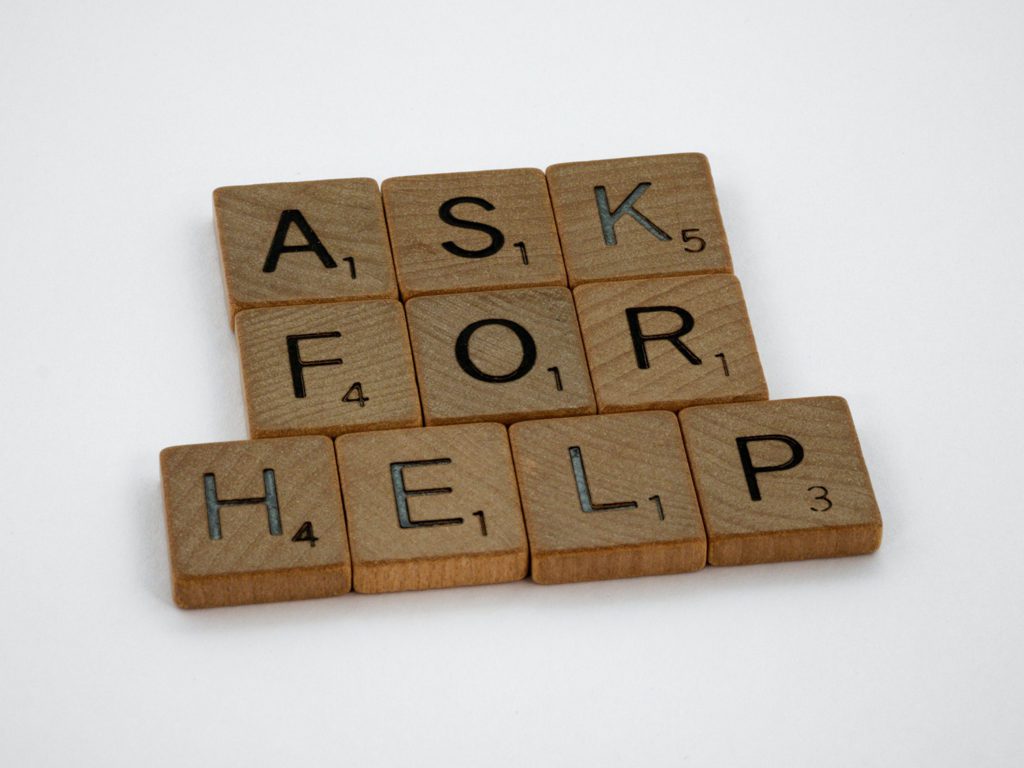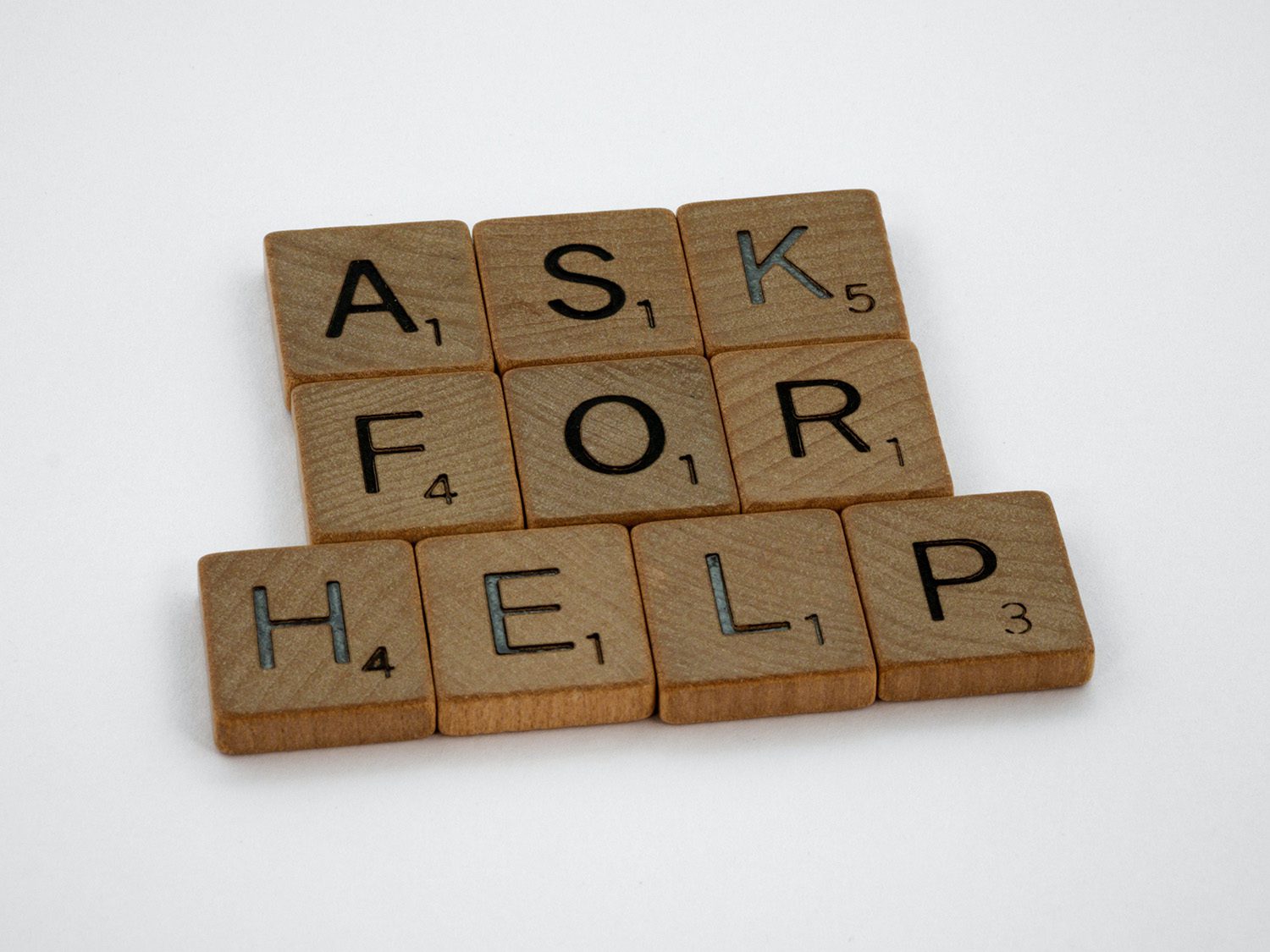According to the National Institute of Drug Abuse, relapse rates for substance use disorders are between 40 and 60 percent, which means that more than half of people who start treatment will relapse. This may sound shockingly high, but it’s actually better than many other chronic illnesses. For example, asthma and hypertension have relapse rates ranging from 50 to 70 percent.
If you’ve relapsed, it’s understandable to feel disappointed or frustrated. However, a relapse isn’t the end of the world. With access to the right support, you can get back on track with your recovery efforts.
What Are Some Common Reasons Why People Relapse?
Every situation is unique, but knowing some common reasons people relapse can help you better understand what factors might put your recovery at risk.
- Ignoring established triggers. HALT is an acronym that stands for Hungry, Angry, Lonely, and Tired. When you are experiencing any of these emotions, it is critical that you address them in a healthy manner—such as eating when you are hungry, talking to someone when you are lonely or angry, and having a set sleep routine to provide your body with the rest it needs.
- Untreated mental health disorders. If untreated, mental health disorders such as anxiety and depression can play a significant role in relapse. Mental health problems can exacerbate the stress of recovery and make it difficult to maintain sobriety. If you are experiencing mental health problems, you must seek professional help and develop effective coping strategies for managing your symptoms.
- Unprocessed trauma. Trauma can lead to feelings of hopelessness, shame, guilt, and anger that can trigger cravings and increase the risk of relapse. Talk therapy, trauma-informed yoga, and 12-step programs can all be effective ways of addressing traumatic experiences.
- Not having a plan to control chronic pain. Pain can lead to increased stress, mood swings, and cravings for substances that provide relief from the pain. To reduce the risk of relapse due to chronic pain, it’s important to have a comprehensive treatment plan in place that includes effective coping strategies as well as professional treatment.
- Lack of a strong support system. Without a strong support system, relapse becomes more likely as people are more vulnerable to triggers and cravings without the support of family and friends. Make it a priority to reach out and build a network of individuals who can provide encouragement and accountability throughout your recovery journey.
- Not having an aftercare plan. Aftercare is an essential part of recovery and relapse prevention. It’s important to have a plan in place that includes follow-up appointments, support groups, and 12-step programs. An aftercare plan should also include strategies for dealing with triggers, cravings, and high-risk situations.

What Happens Next?
There are many myths and misconceptions about relapse in recovery. Here are some of the most common:
- Relapse means you failed. Relapse is a part of the recovery process and doesn’t mean that all your hard work has been wasted.
- Relapsing means you’re weak. Relapse doesn’t mean that you are weak or lack willpower. It simply indicates that your previous treatment plan didn’t include the right strategies and supports to keep you on your recovery path.
- You should just accept that you will always relapse. Addiction is a chronic condition, but with the right help and treatment, it’s possible to achieve long-term sobriety.
Relapses can be challenging, but they don’t have to stop you from moving forward with your recovery. Following a relapse, the best course of action is to own your part in what went wrong. Then, you can create a plan of action to get back on track. Here are some steps that you can take:
- Take inventory of why you relapsed and what you might have done differently. An inventory of your relapse can help you identify problem areas, triggers, and strategies for avoiding them in the future.
- Seek professional help. If you’re struggling with cravings or emotions related to the relapse, it’s important to seek help from a professional. This could include therapy, support groups, or medication management services.
- Practice self-care. Yoga, meditation, journaling, and other related forms of self-care can help promote emotional regulation and provide a sense of calm, which can be especially helpful after experiencing a relapse.
- Take steps to avoid high-risk situations. If you can accurately identify high-risk situations that could lead to a relapse, you can create a plan that reduces your odds of relapse.
- Reach out for support from family and friends. The people who love you and want to see you succeed will be happy to help in any way that they can. Let them provide advice, encouragement, and accountability for your recovery journey.
- Stay active in 12-step meetings and other recovery activities. Participating in recovery activities offered by groups such as Alcoholics Anonymous (AA) and Celebrate Recovery can help you stay connected to a community of people who share your commitment to sober living.
How Can Waypoint Recovery Center Help?
Located in Cameron, South Carolina, our inpatient drug and alcohol addiction treatment center helps men and women with substance use disorders create a personalized path to recovery. Our clients include people seeking treatment for the first time as well as those who’ve recently relapsed and need extra support getting back on track. No matter what challenges you’re facing, our caring and experienced staff are here to provide the support you need to build a fulfilling life free from the burden of addiction. Contact us today to learn more.





